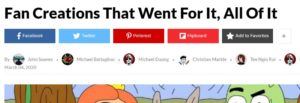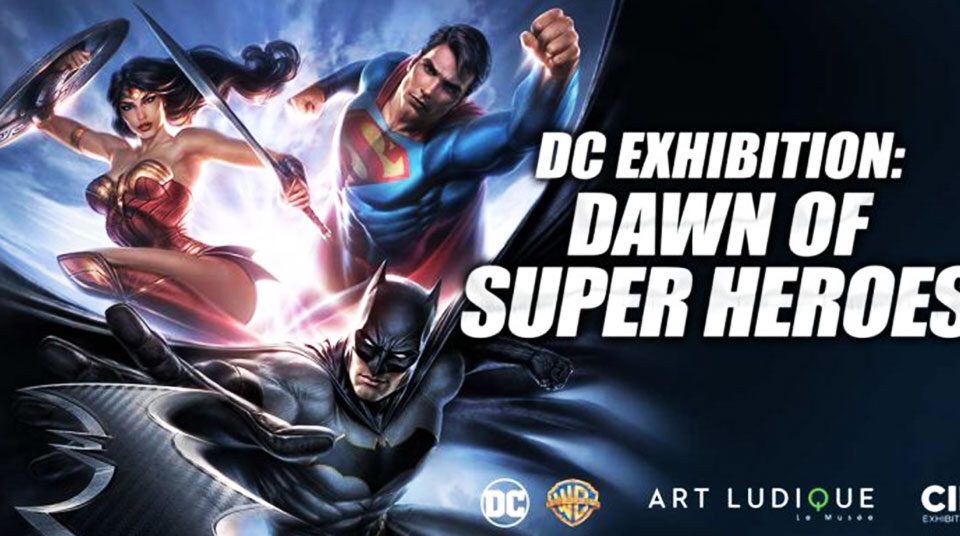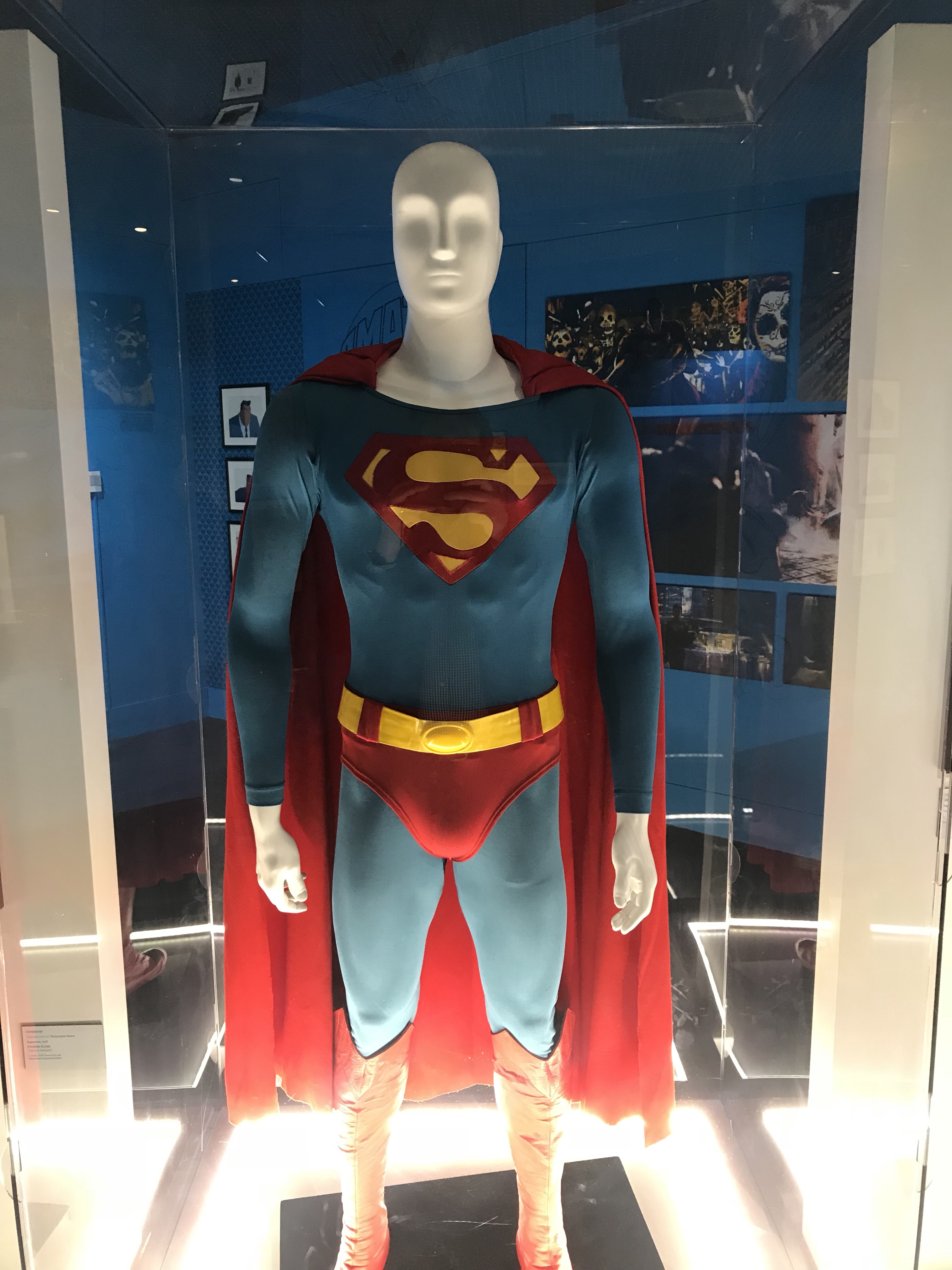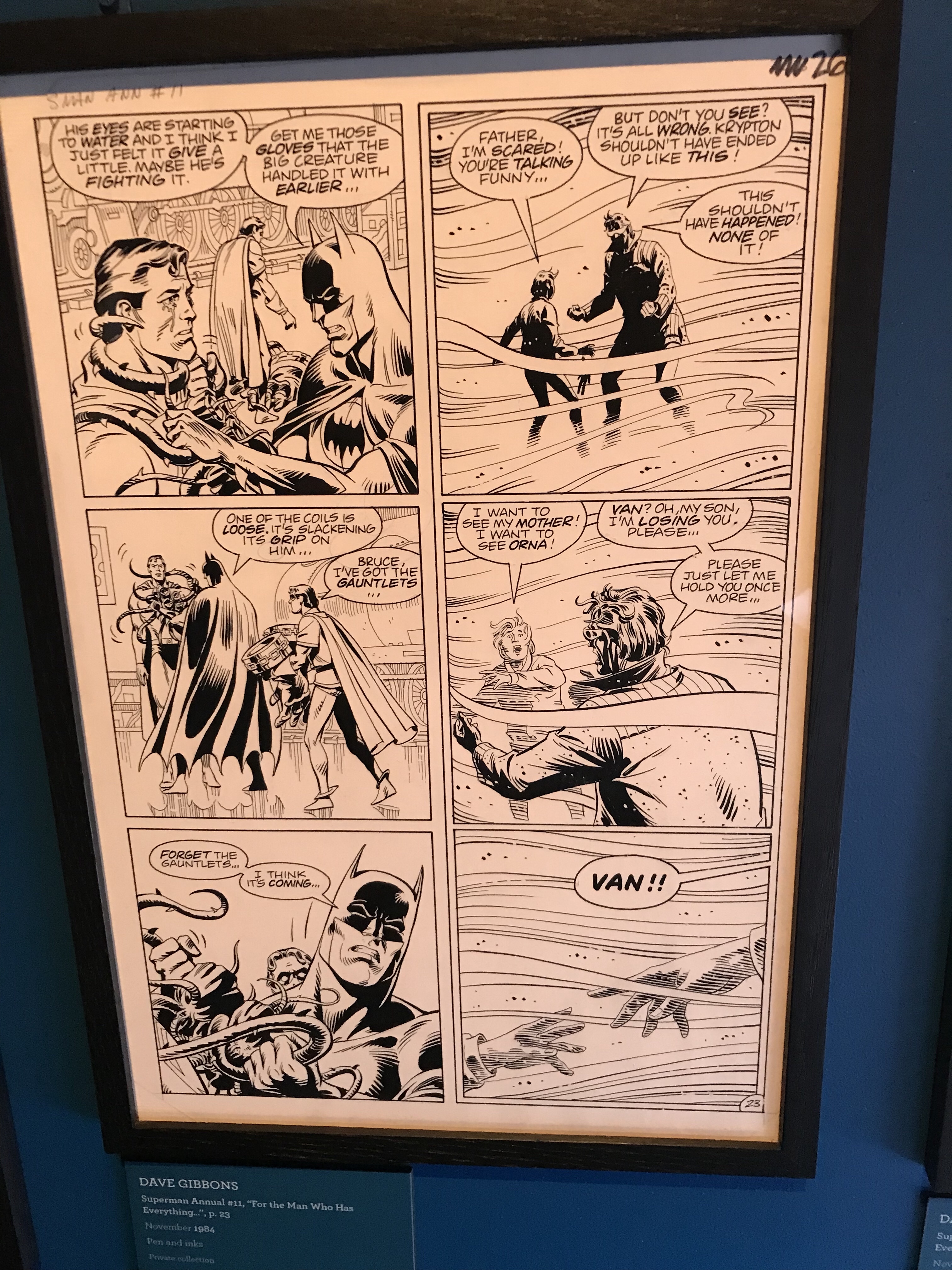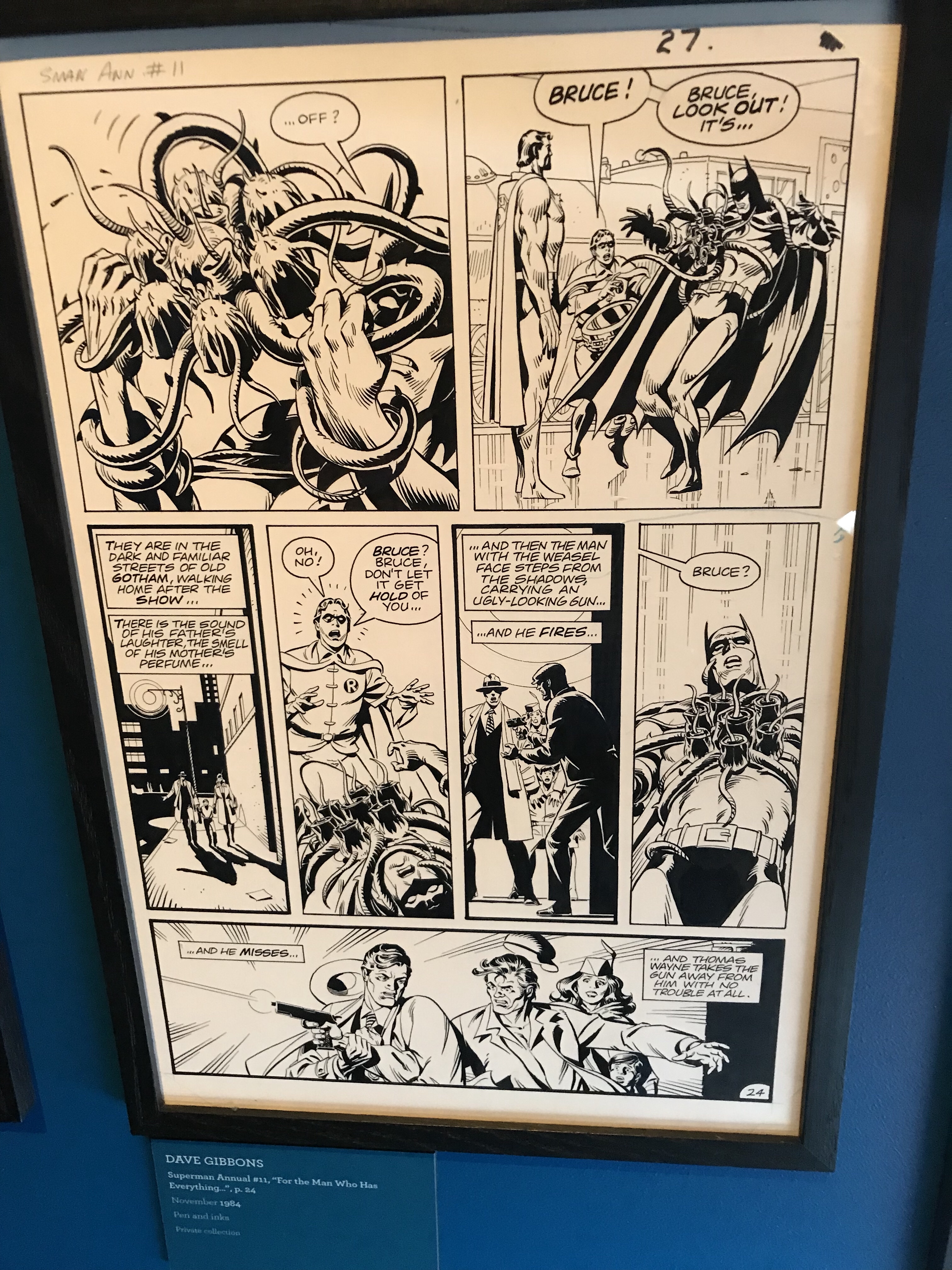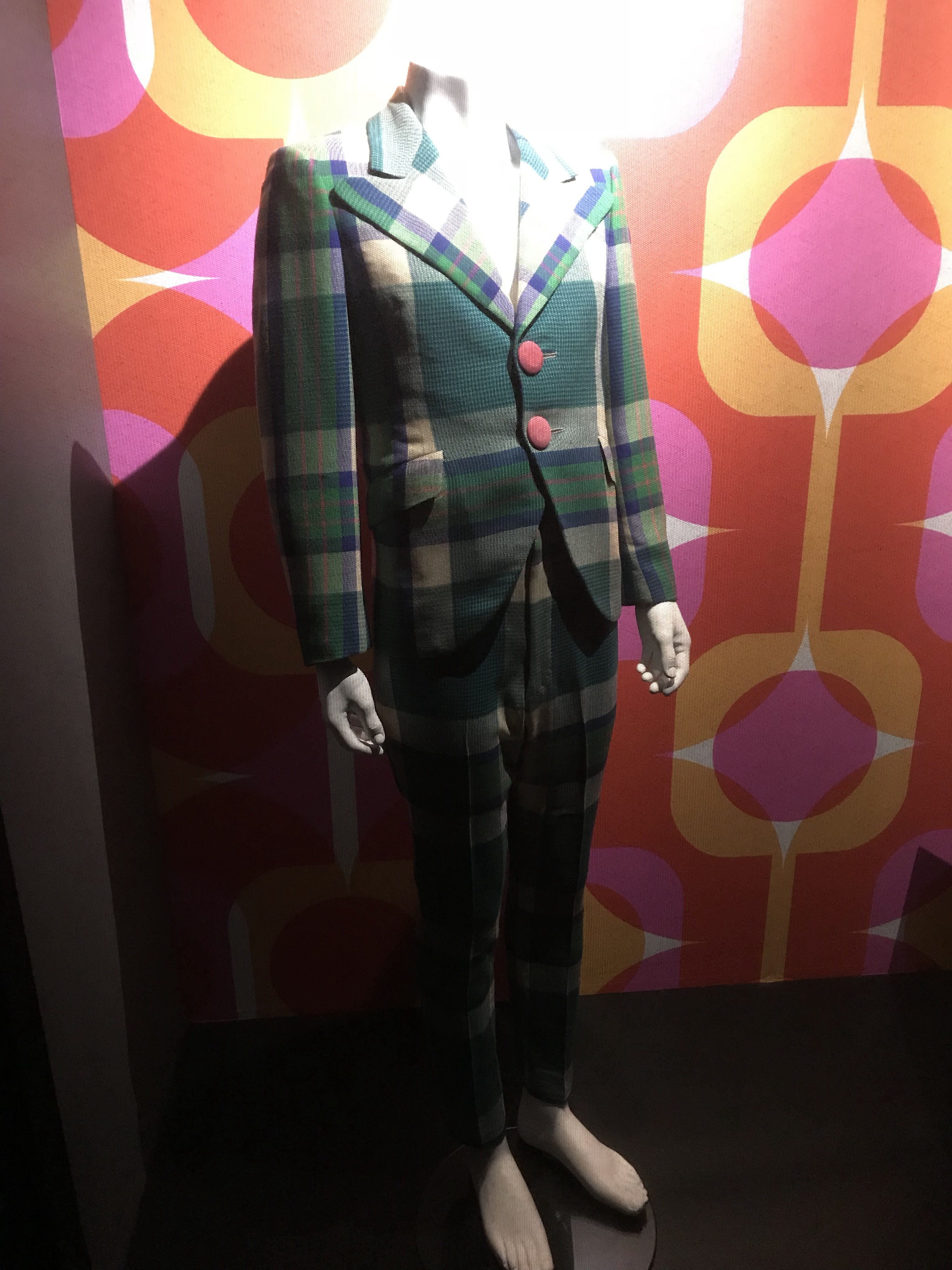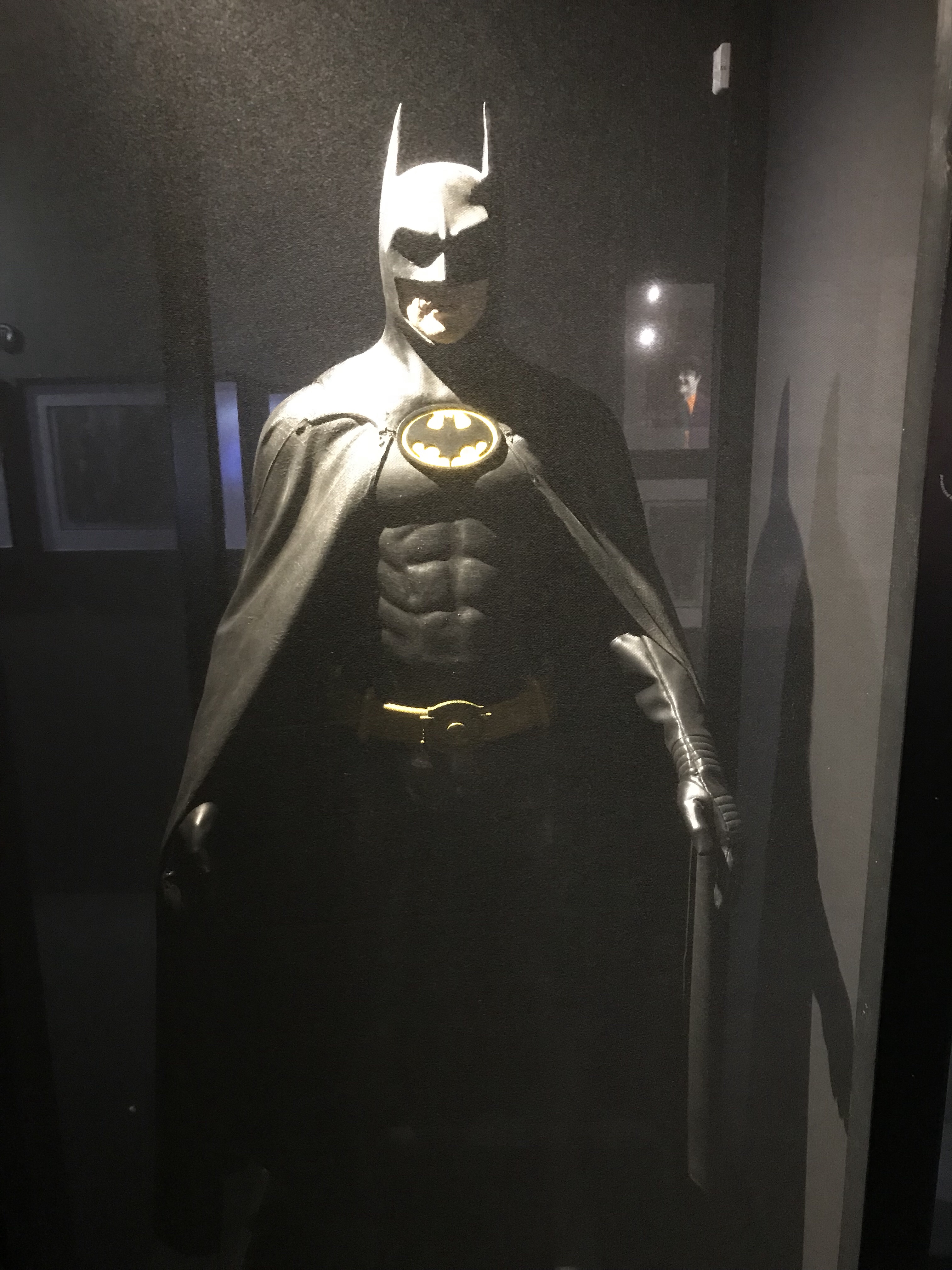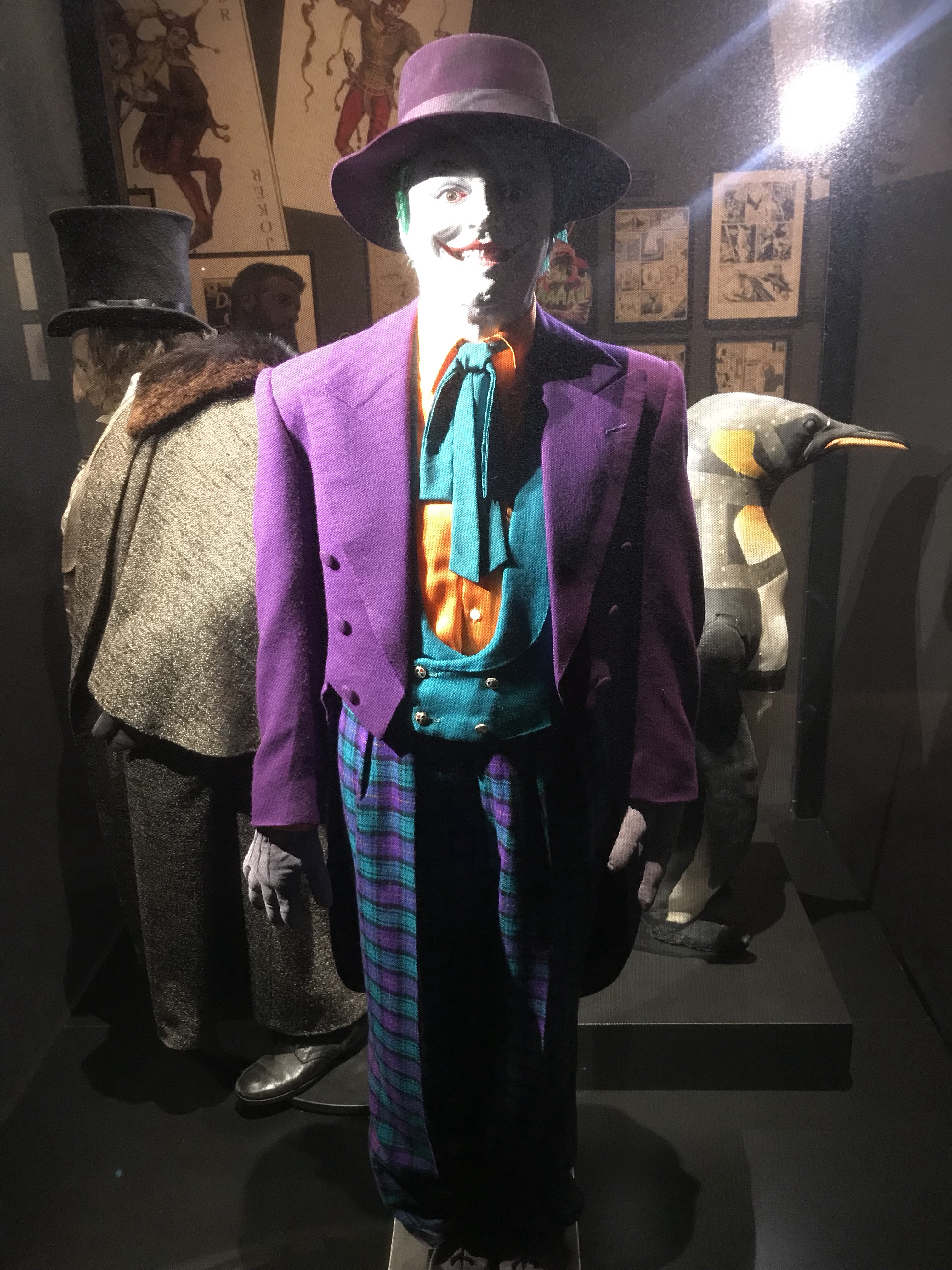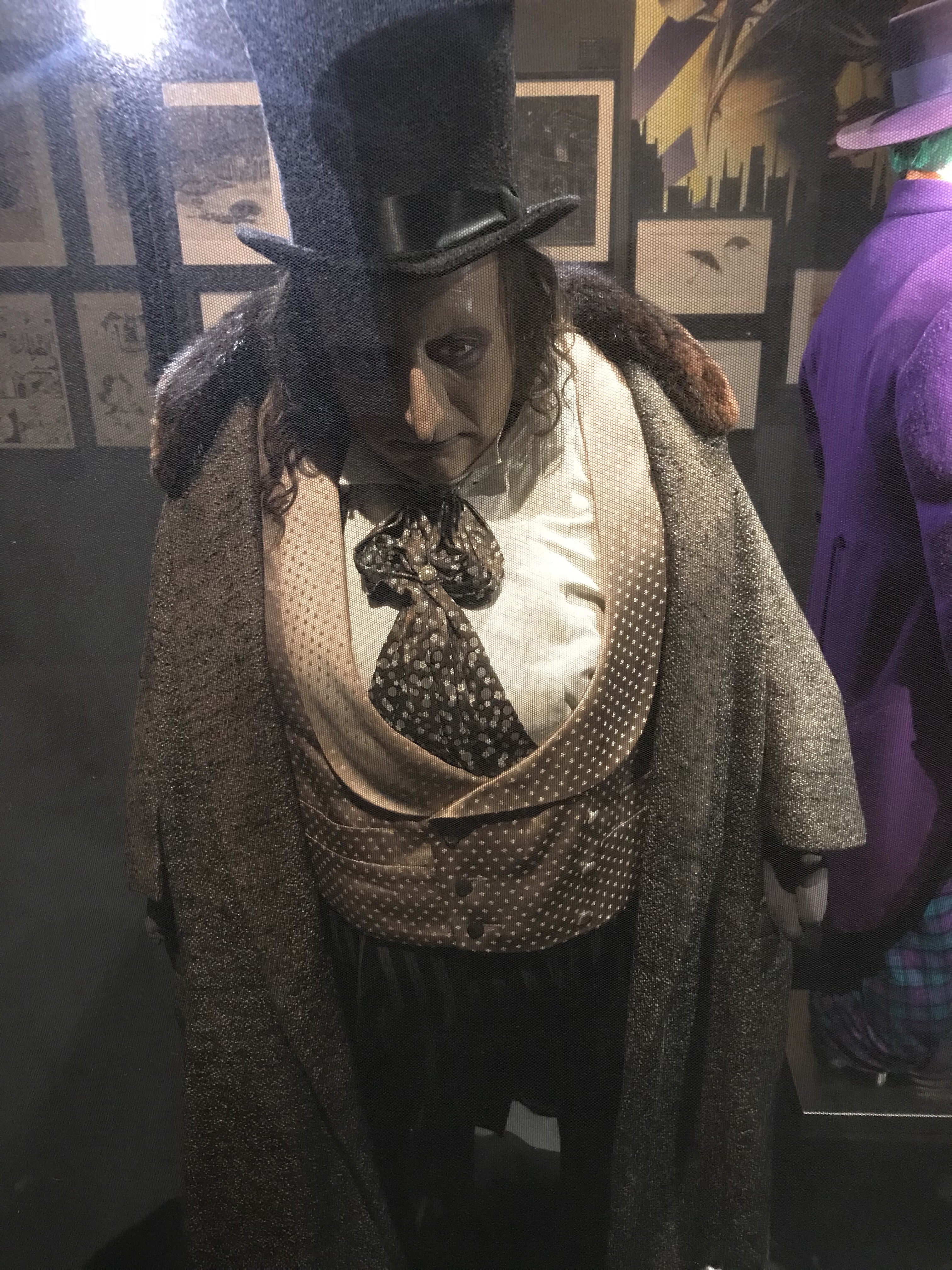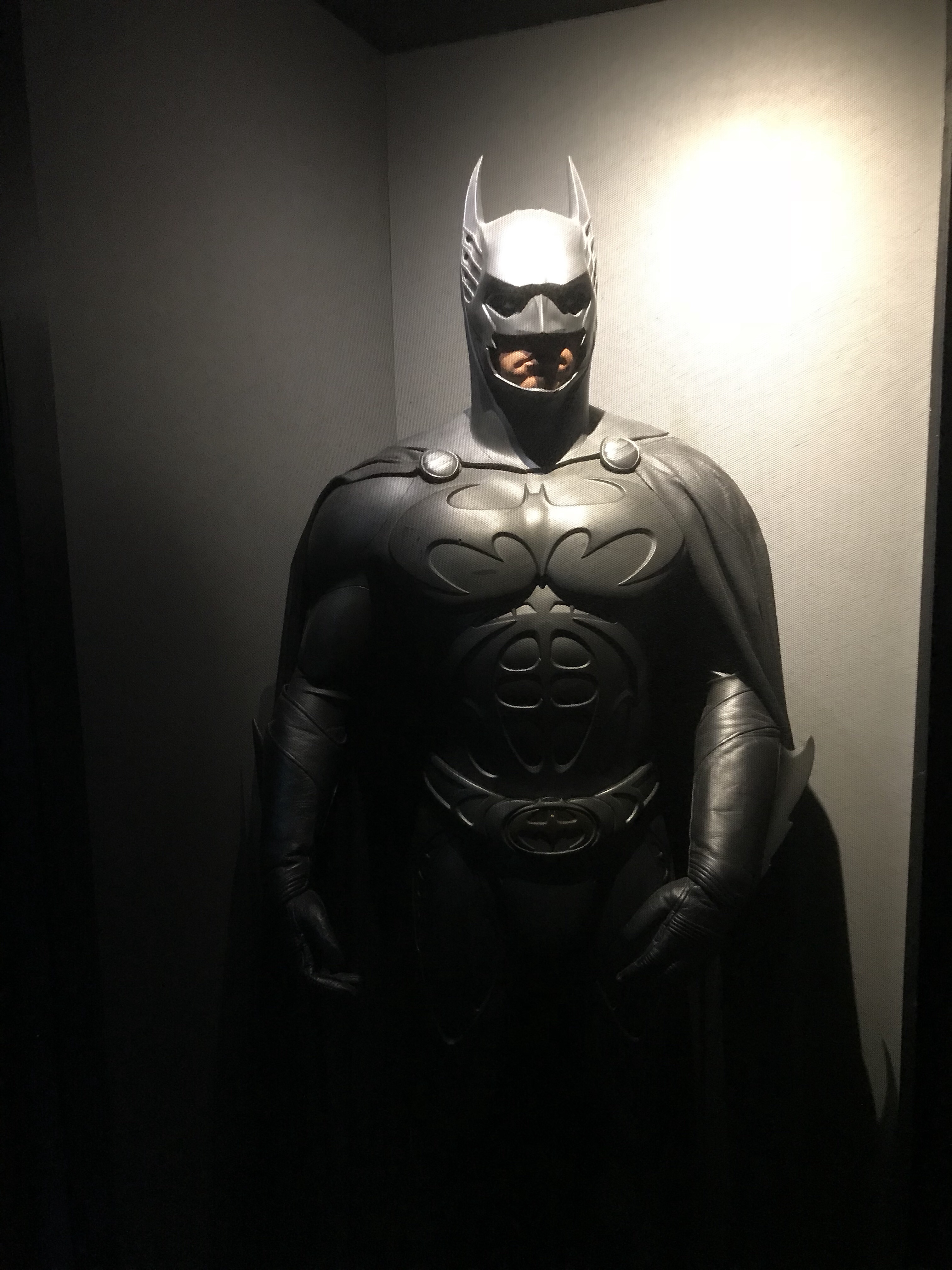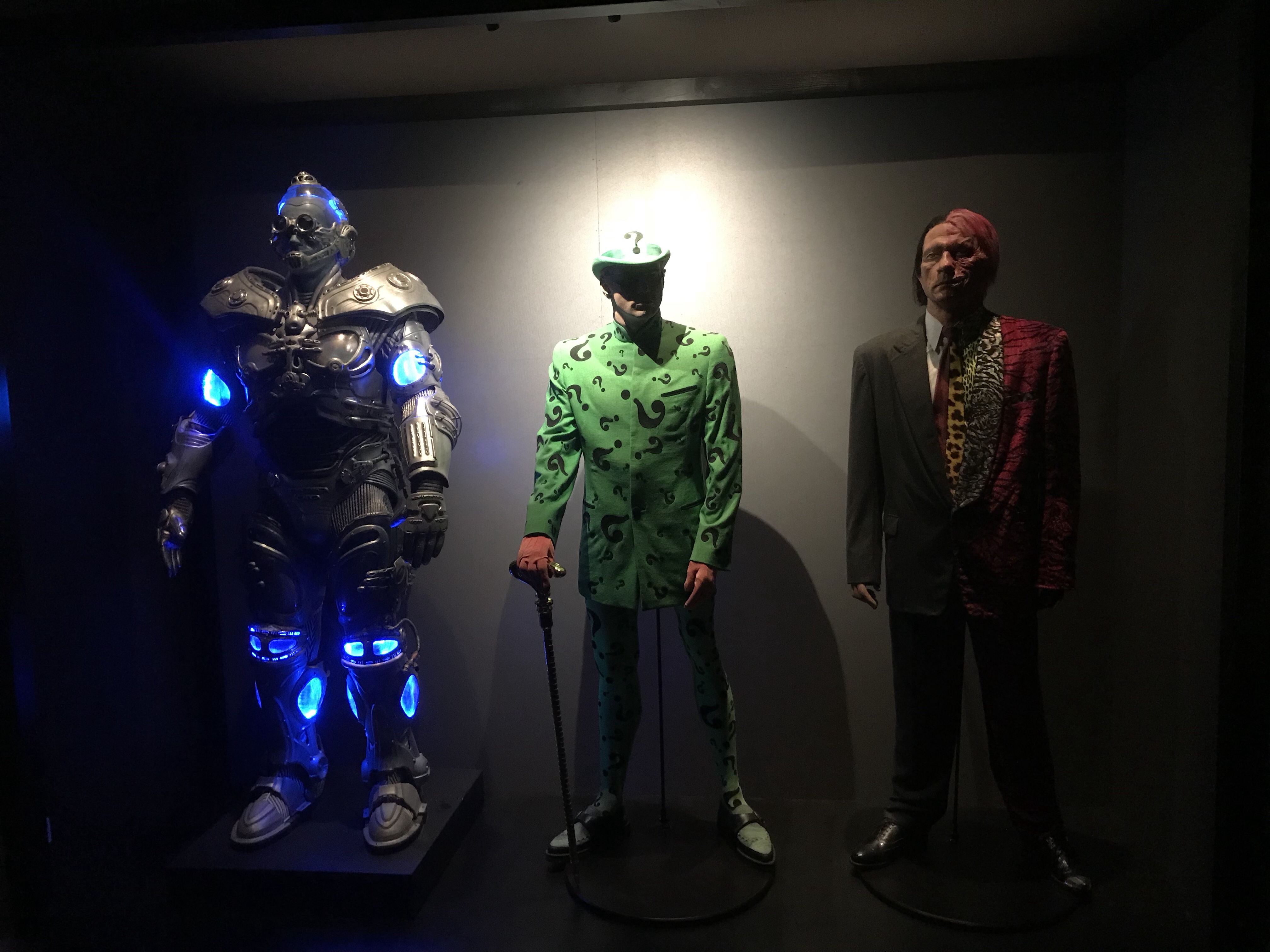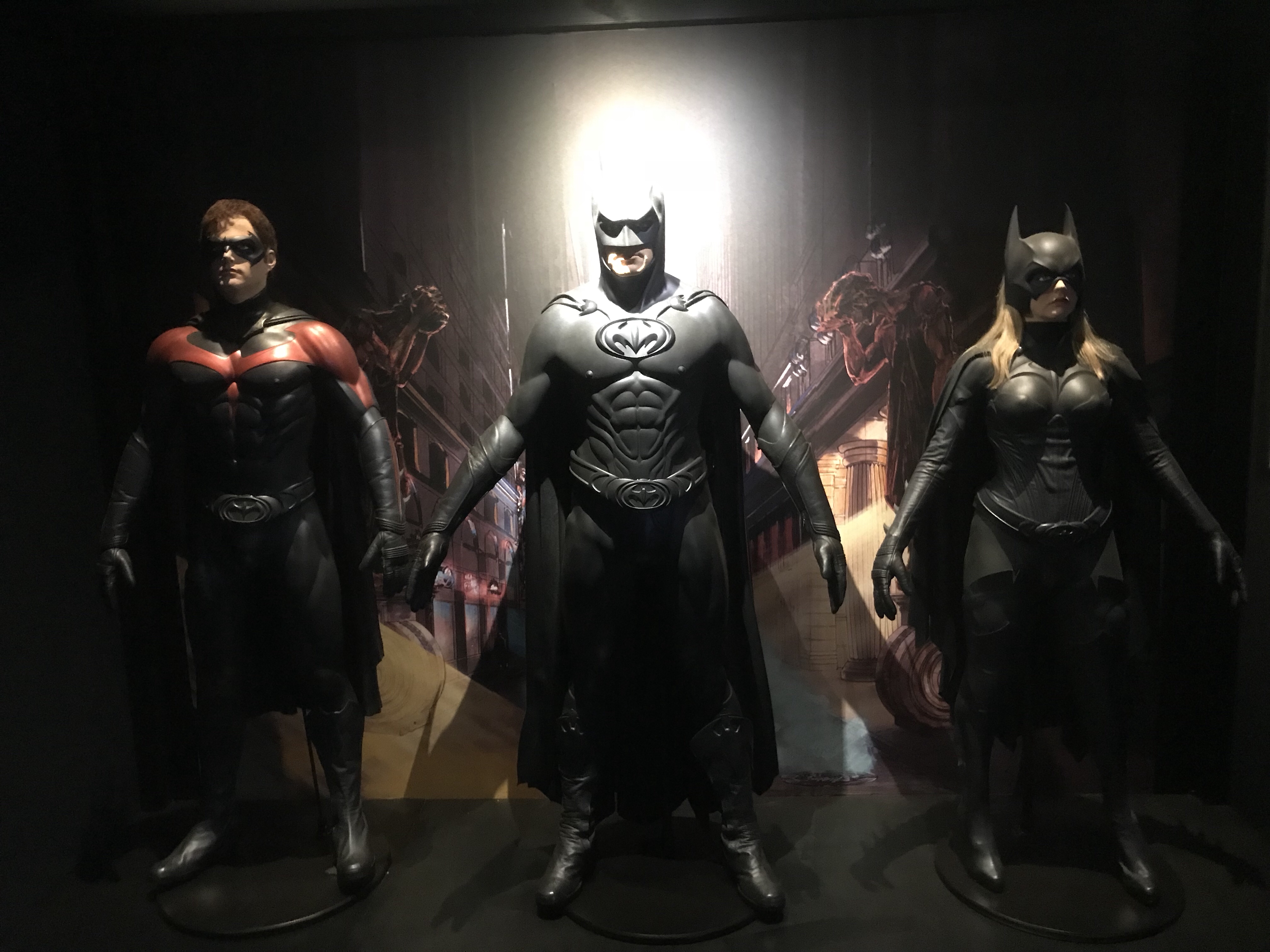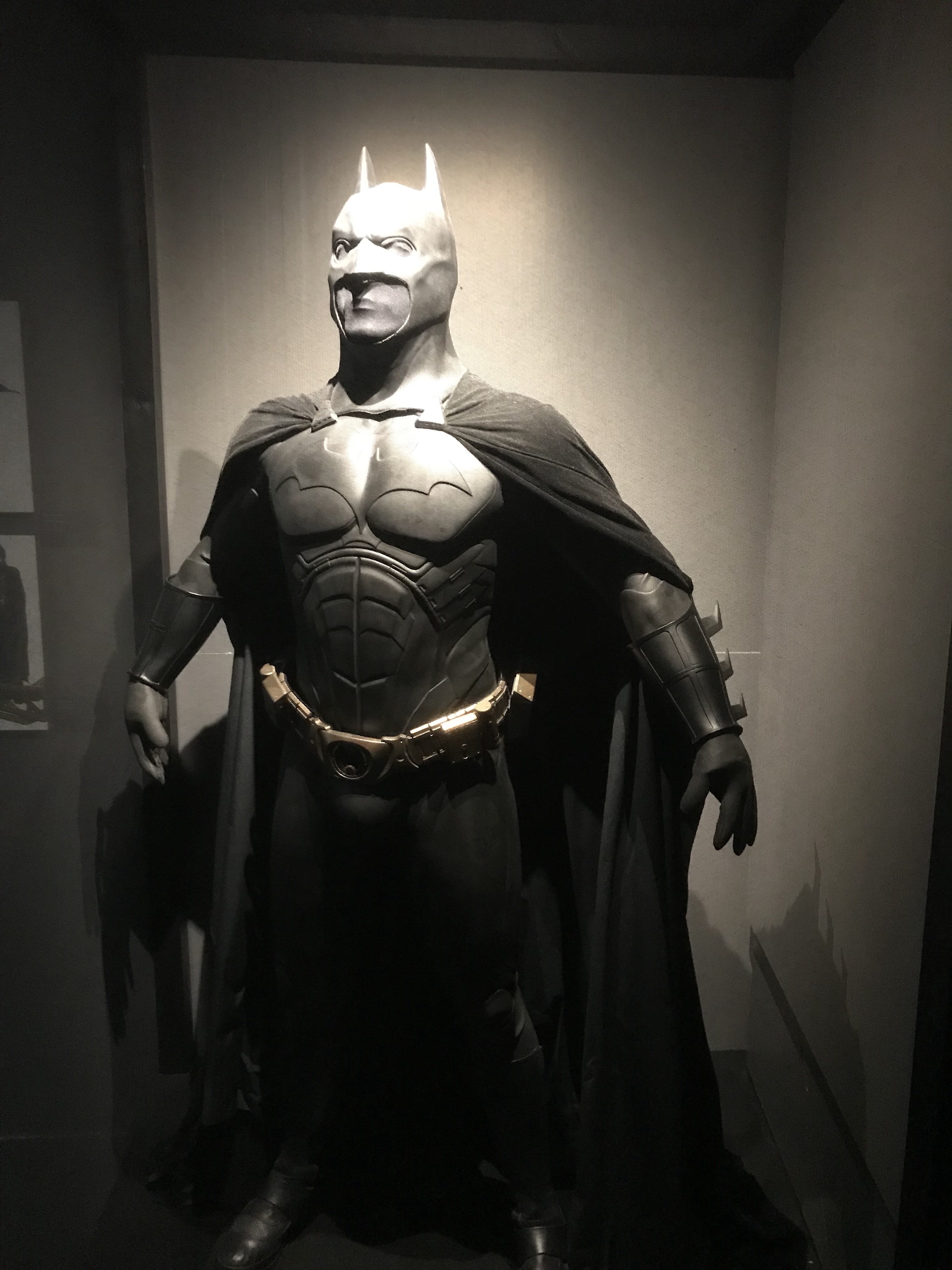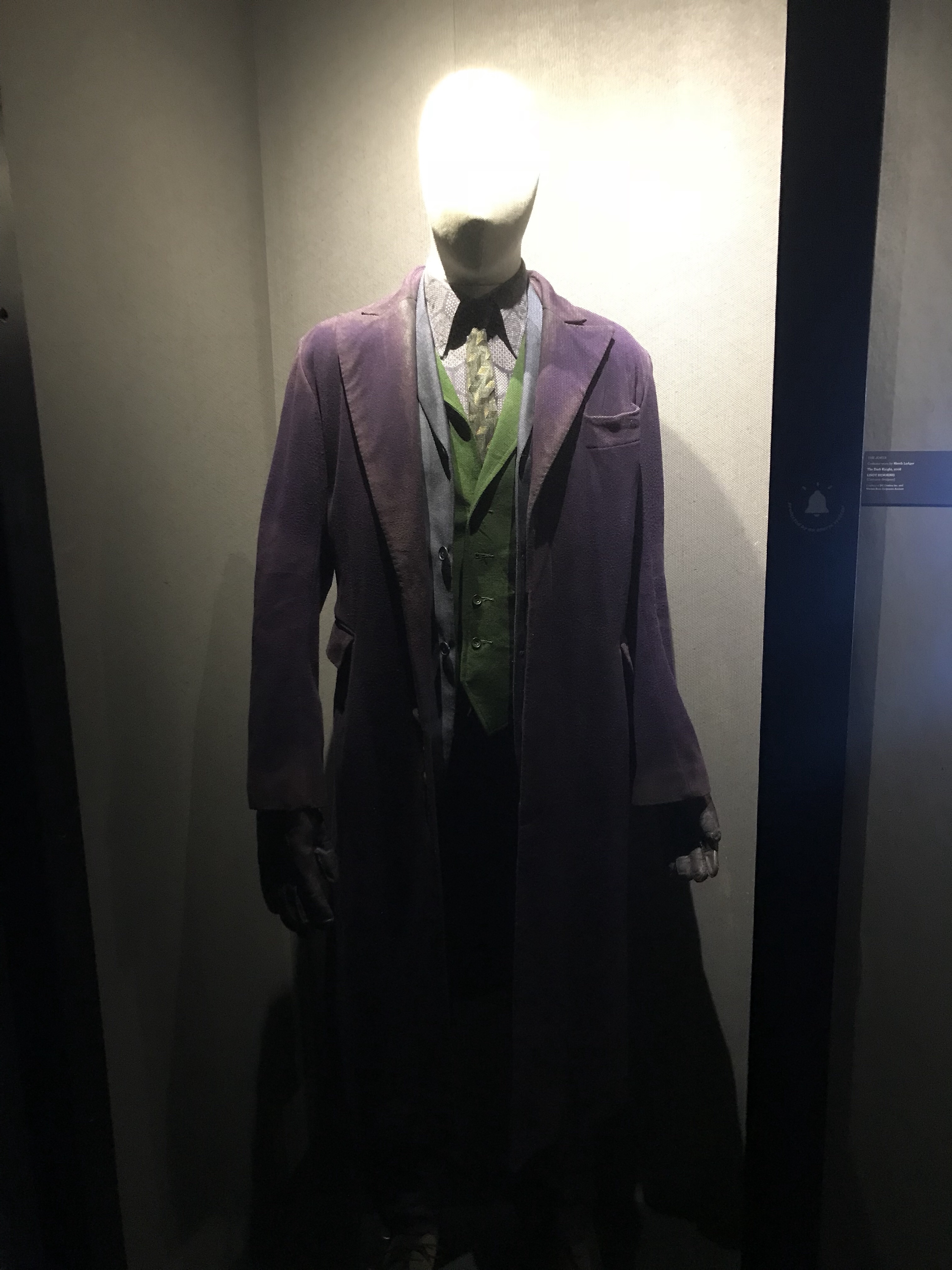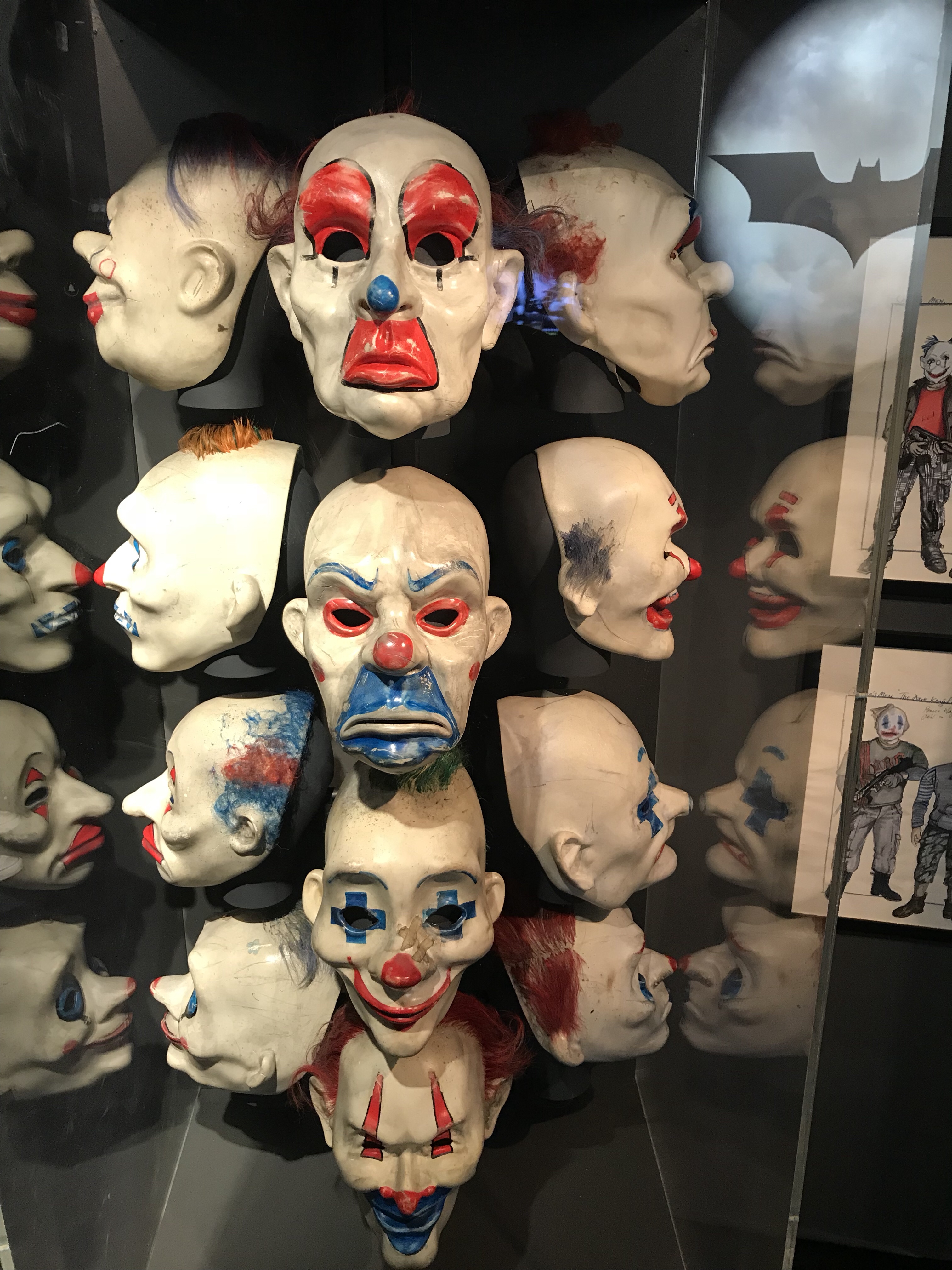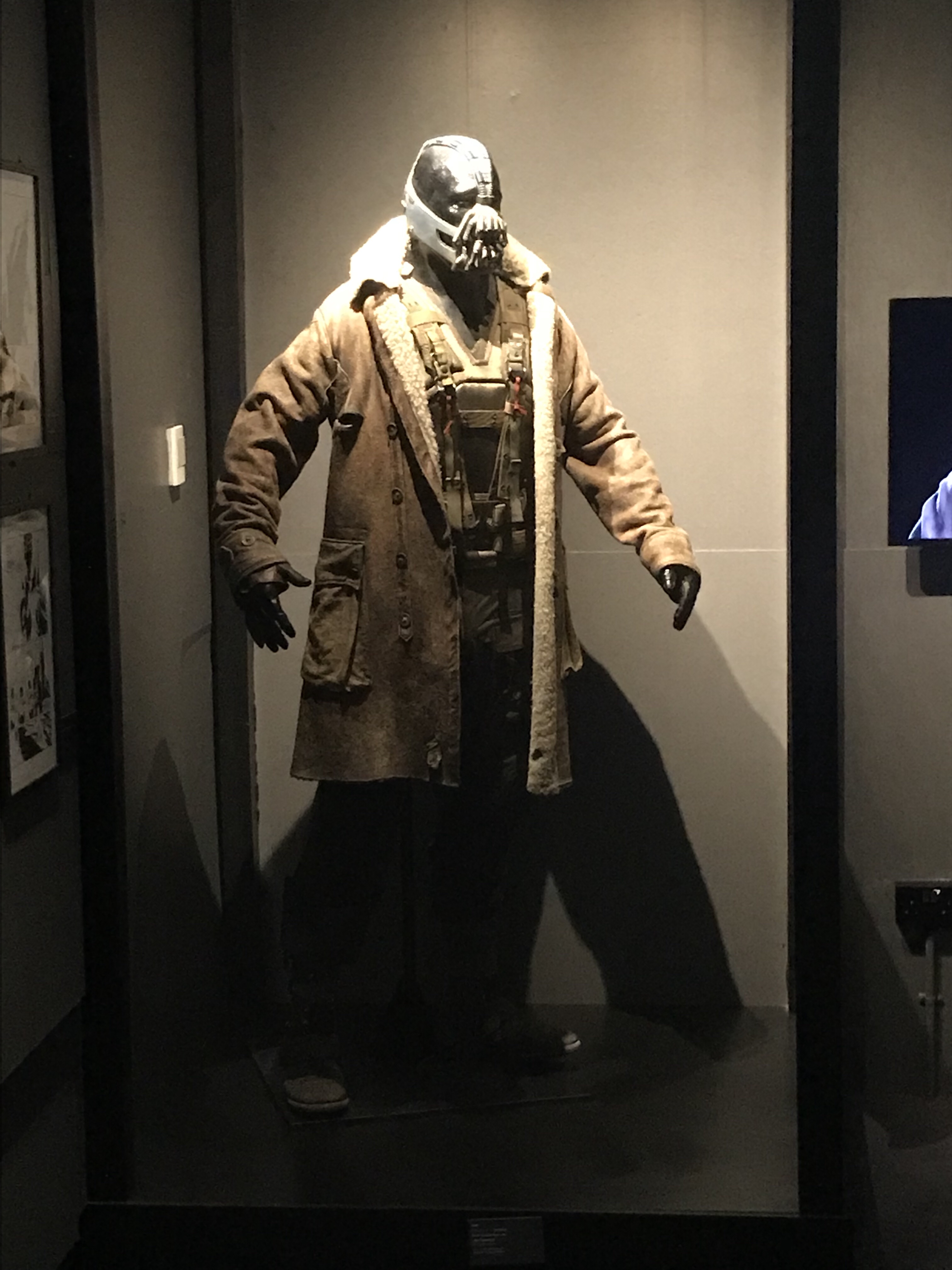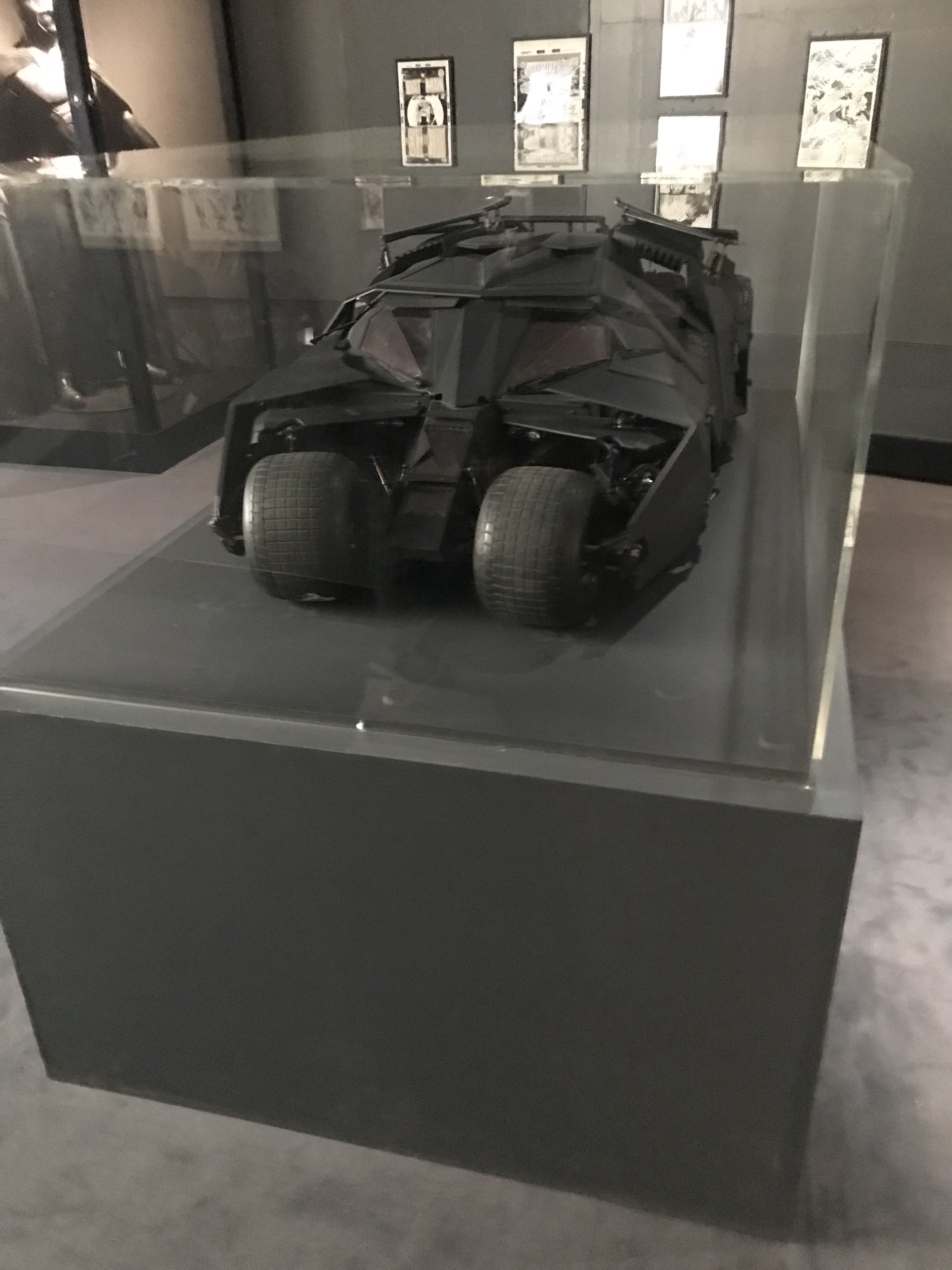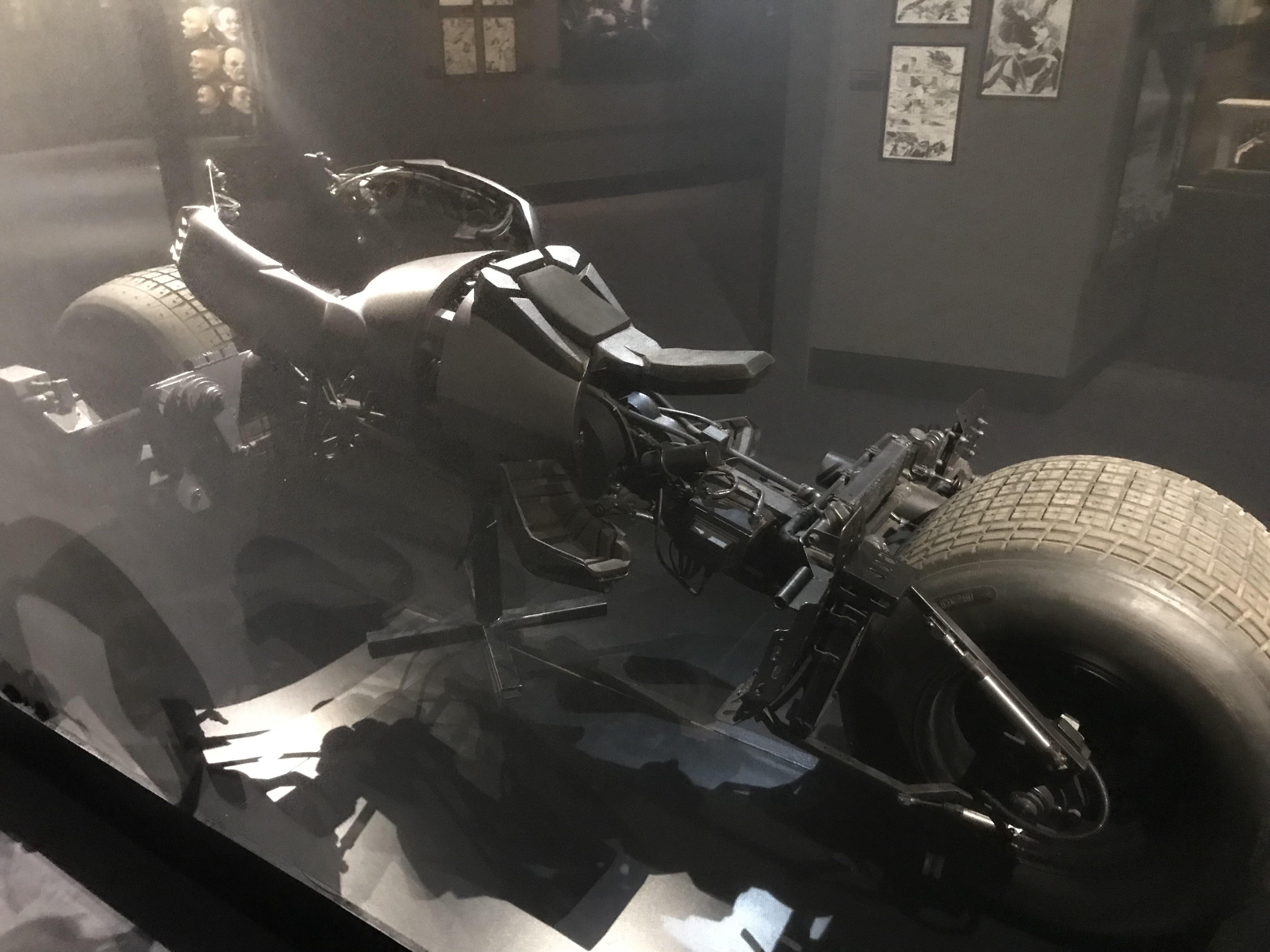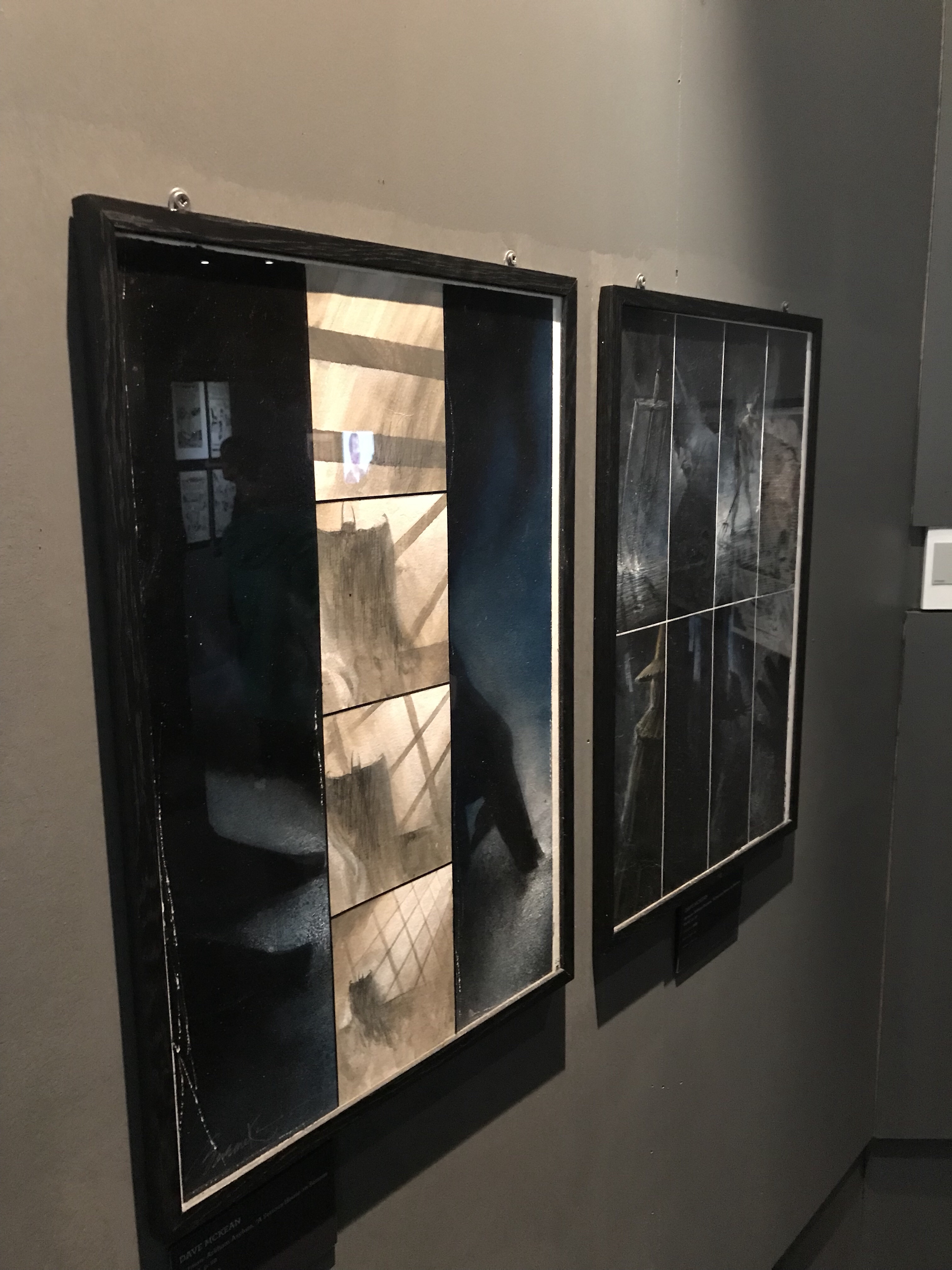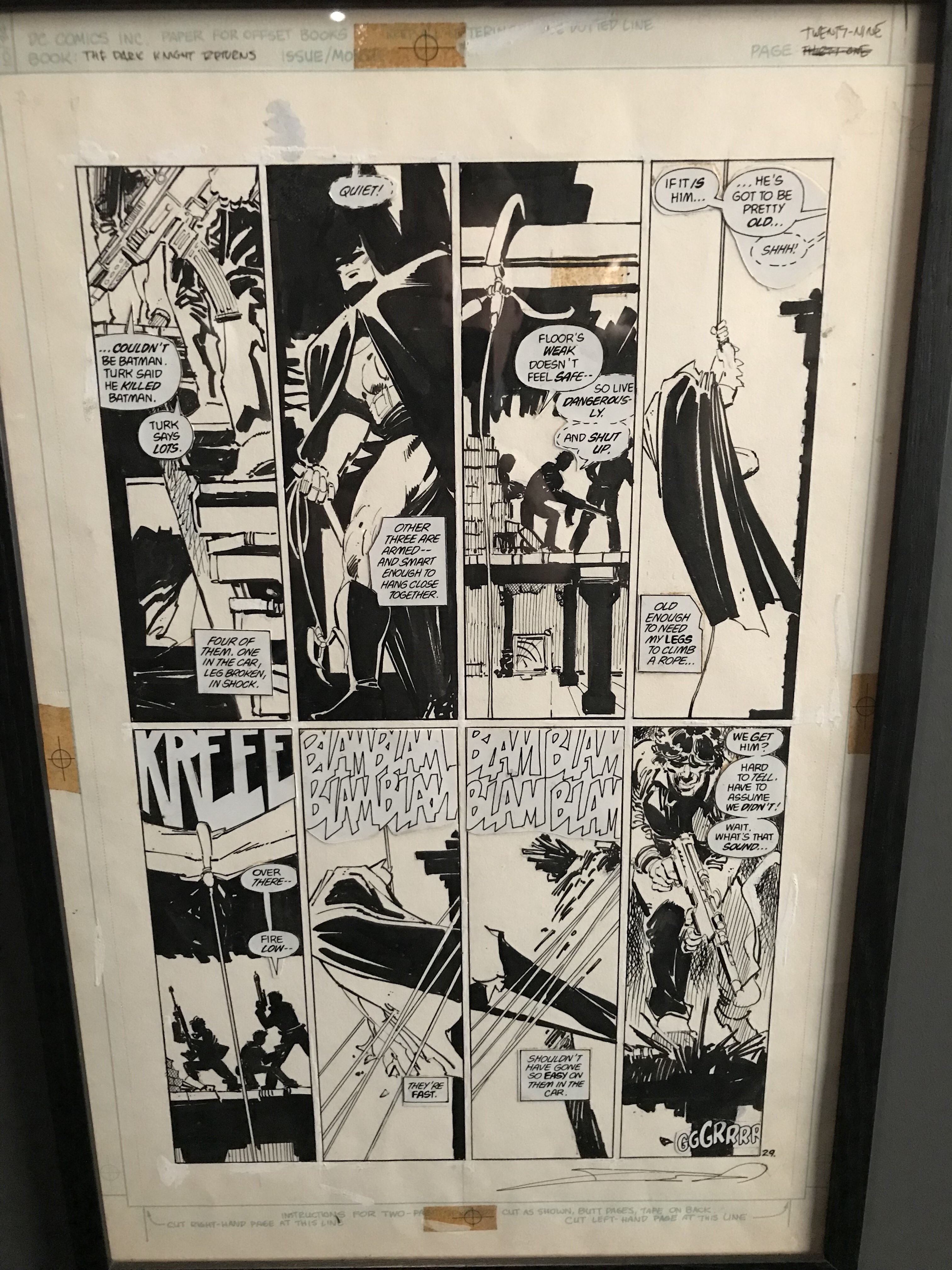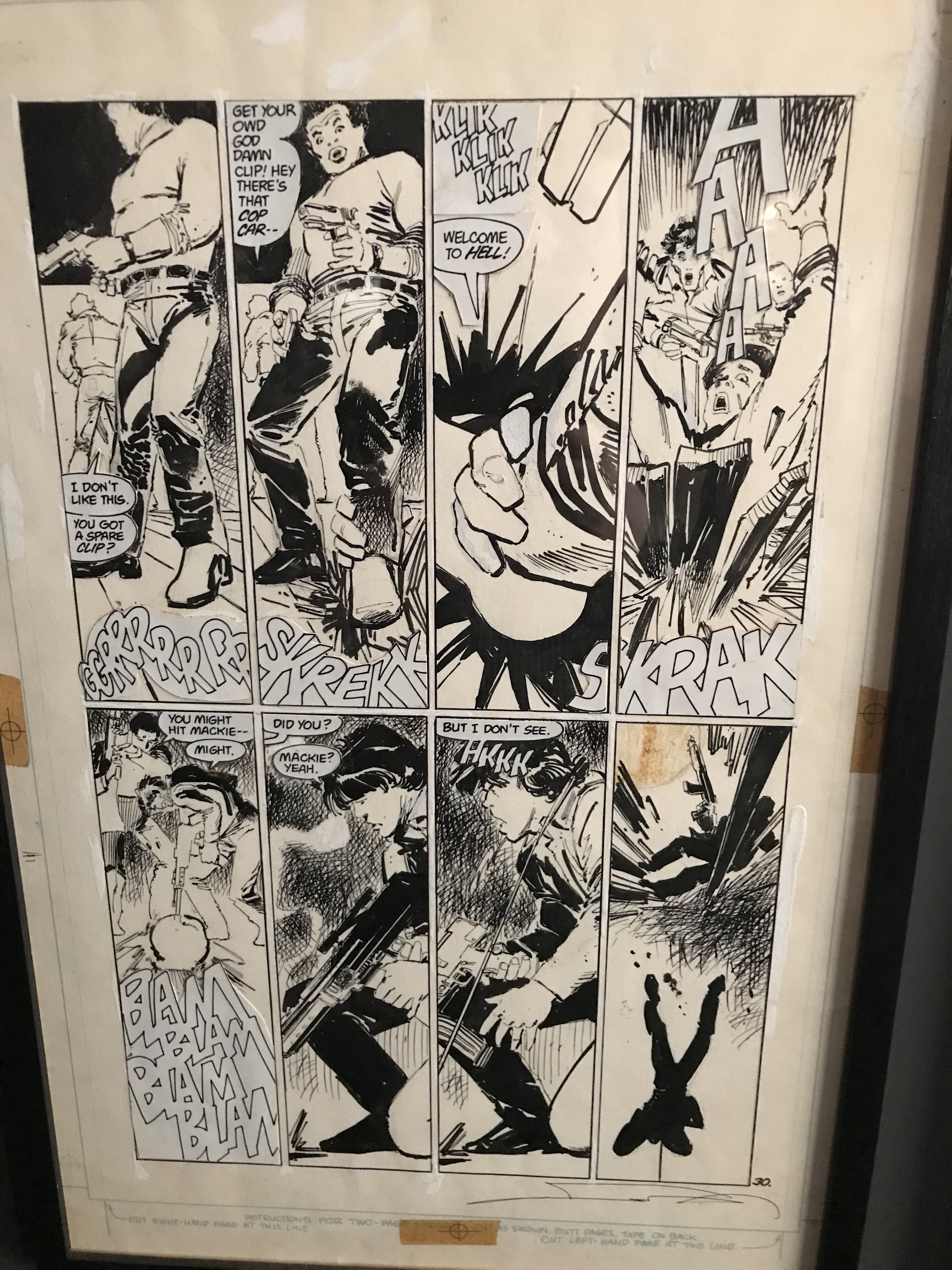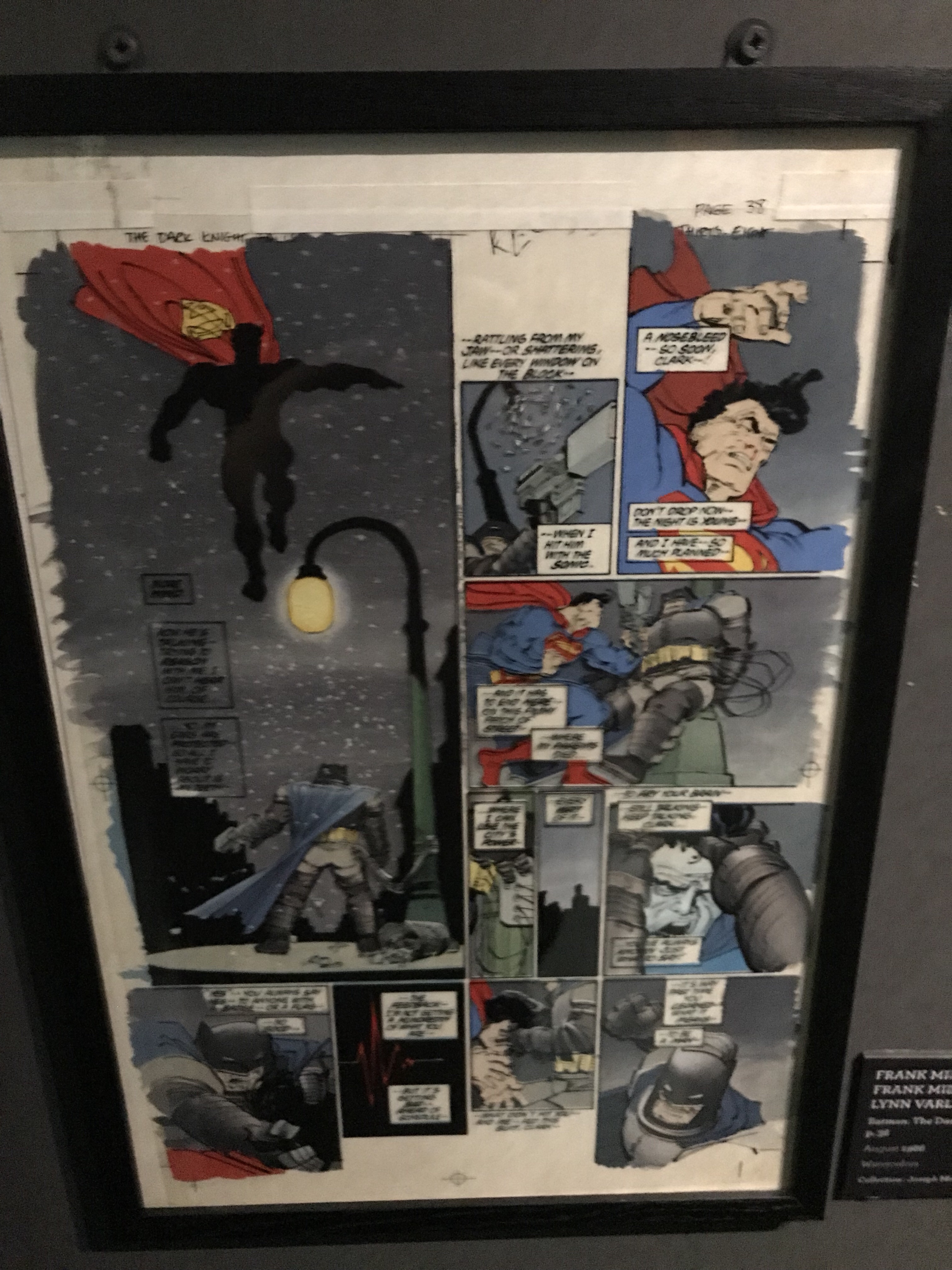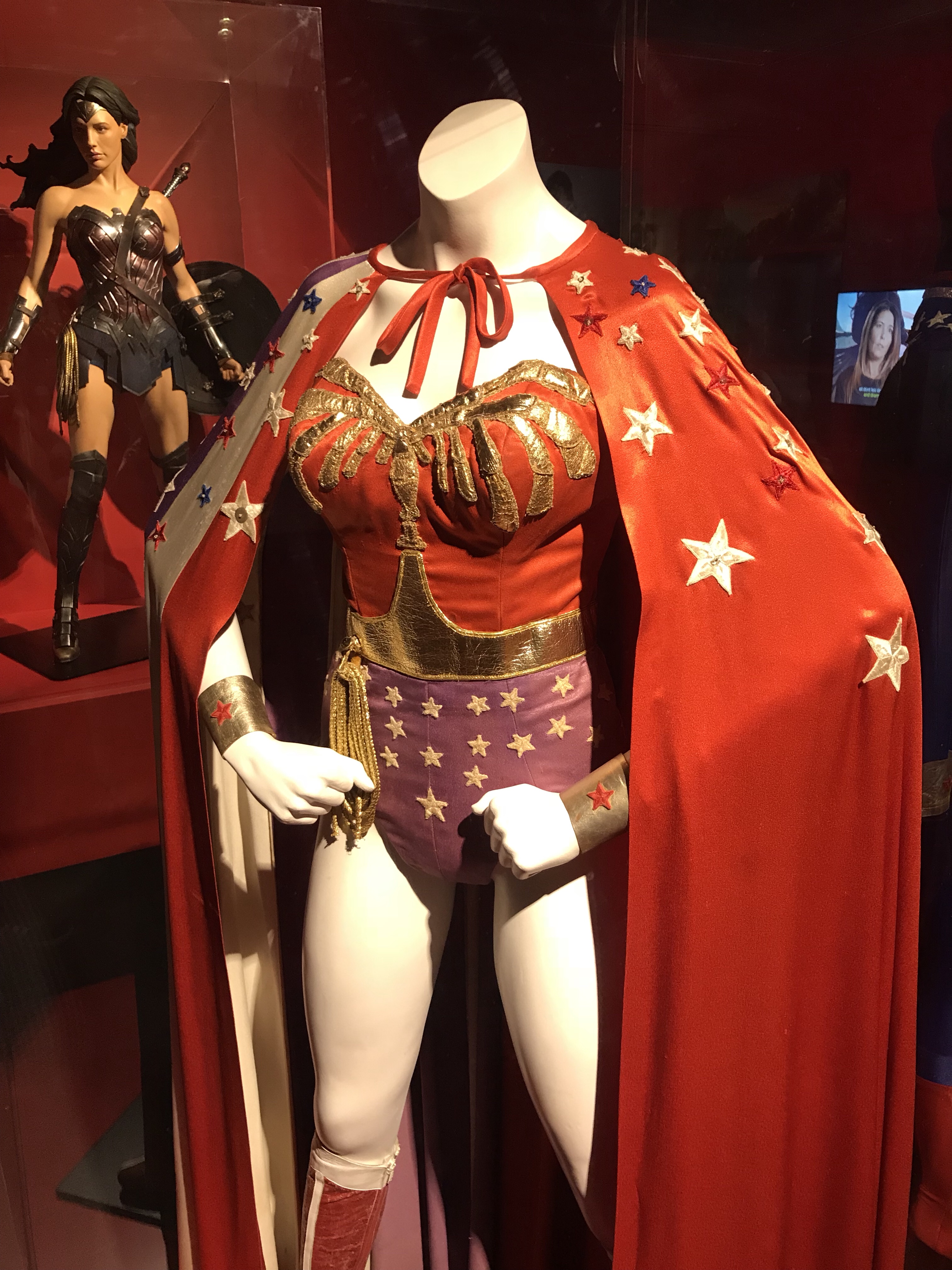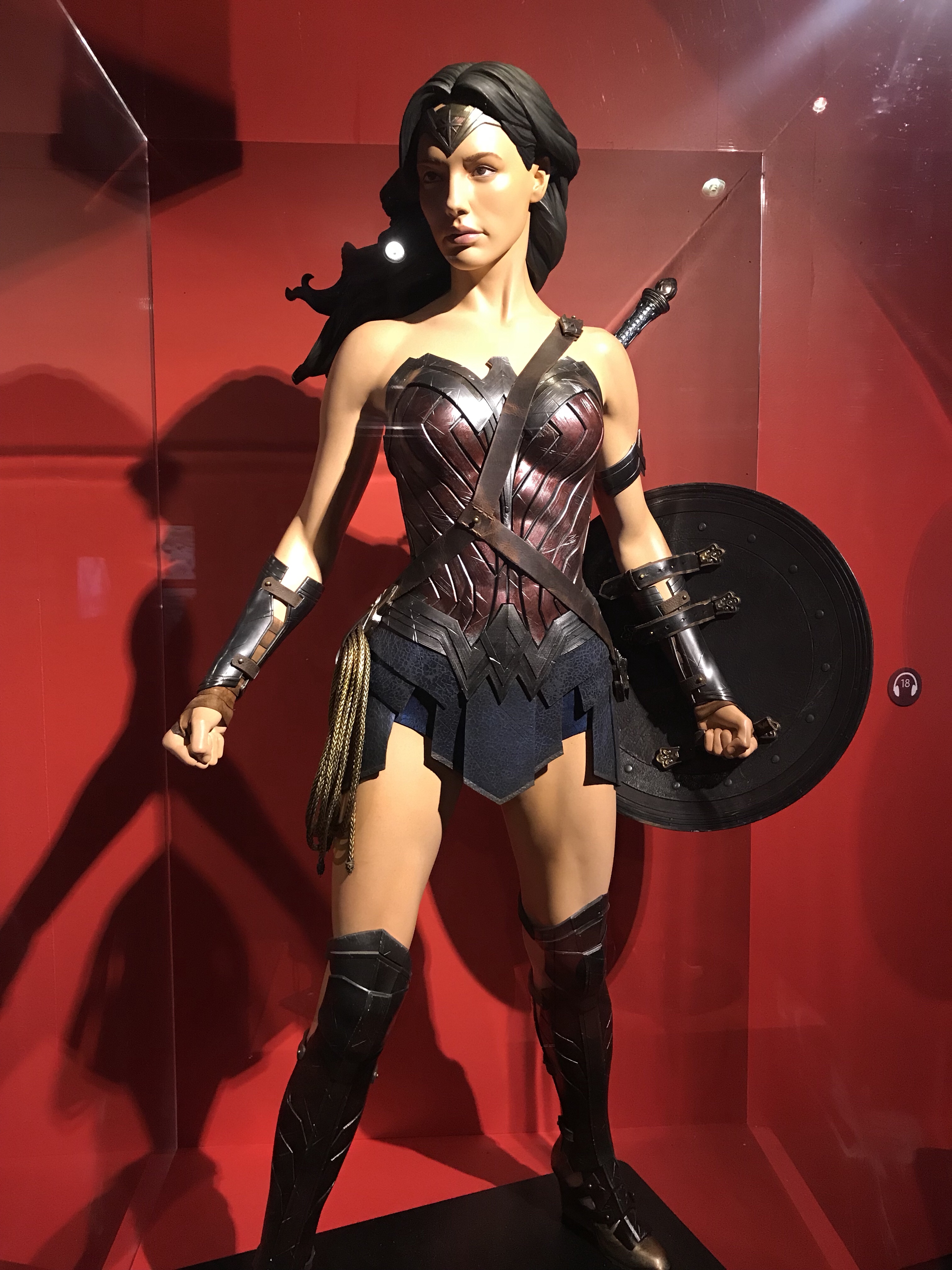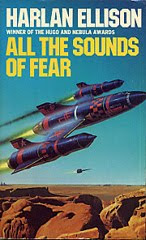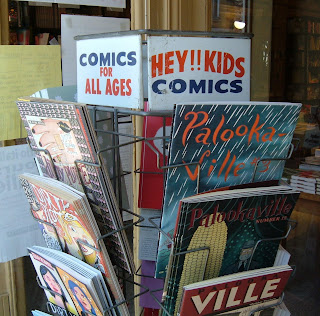So, with a bit of time on my hands and a tendency towards the indoors (lockdown is only really responsible for amplifying one of those), I thought I’d watch Fleabag, as I’d only ever seen bits and pieces of it; it was quite the thing about a year ago, with coverage of it almost everywhere, usually accompanied by references to the genius-level abilities of its creator and star, Phoebe Waller-Bridge.

Usually accompanied by this picture, too
And I watched it, and I enjoyed it, though clearly not as much as some (well, maybe lots of) other people did, but that’s fine, and I’m generally not going to try and argue that people shouldn’t like stuff I don’t, as there’s more than enough stuff for everyone to pick their favourite, and I’d rather enjoying stuff than arguing the toss about stuff I didn’t care for. So, I had a few laughs, and a few ‘ooh’ moments, and that’s about all I wanted, so it’s a win.
(As an aside, I haven’t tried to describe the show as a ‘comedy’ or ‘drama’ above, as one thing that came to me while I was watching it was that it felt rather like a drama with the tone and pacing of a comedy, as overt jokes are almost thin on the ground but the show has the light touch of a sitcom even as it deals with some pretty dark topics. Which is interesting.)
But to my point: I was watching it, and enjoying it well enough, though it occurred to me that I wasn’t thinking This is the greatest TV show of all time, oh my god what a time to be alive, which was kind of the tone of a lot of coverage, and the reason for this came to me, oddly fully-formed: well, I thought, that’s probably because I don’t see myself reflected in it.
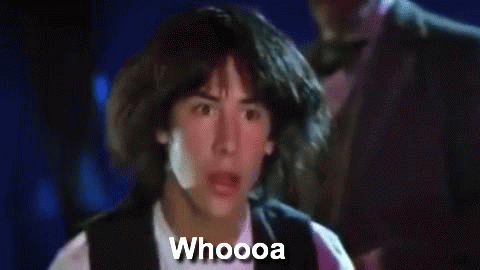
That’s just how I felt, Theodore.
And whilst this is by no means any kind of new insight on culture and the like, for me it was a thing that I don’t think I’d necessarily thought that directly, but it made total sense to me – my female friends saying how great it was probably saw more of themselves in the main character, for example, than I did.
This was still bouncing around the generally-empty cavern of my mind when I heard a podcast a week or two later which wasn’t directly talking about this idea, but was both unintentially relevant and very funny; in it, the subject of James Bond being played by Idris Elba (and by extension of this idea, any other non-white or non-male actor) was being discussed, and the speaker got very agitated about this, saying it was tokenism and wokenism (okay, he didn’t use that word, but I realised it would rhyme, but he did use the word ‘woke’), and that it was patronising to do this to attract certain sections of the audience and so on. But the funny bit came in when he then started to talk about how he’d feel alienated and distant from connecting to James Bond if they made this kind of change, and how he’d liked the character for years and so on. In essence, he appeared to be saying that he wanted to see himself reflected in some slight way in the portrayal of the character… which seemed to be the root of where the idea of re-casting Bond as a non-white actor had come from. I found this irony (or was it lack of empathy?) kind of funny, but then again I’m a smug git – but you can probably see how I made the connection.
There’s obviously an intent of greater racial representation at the core of the Elba-as-Bond suggestion, and whilst you might argue that the vehemence with which some people have argued against it comes from the decades-old depiction of Bond in a particular way (and I can understand that approach, as I have a knee-jerk reaction to productions of Shakespeare which are set on Neptune or otherwise changed for reasons which seem to be more about showing off than amplifying the story), but I came across this line in a book I read recently which I feel describes an underlying aspect of the reasons for this attitude:
White people are so used to seeing a reflection of themselves in all representations of humanity at all times, that they only notice when it’s taken away from them.
That’s from Why I’m No Longer Talking To White People About Race by Reni Eddo-Lodge, (aside: a very good book, and definitely worth your time), and it reminded me of the way that there were very vocal (well, mainly typed in online, but you get the idea) negative responses when Marvel Studios announced they were making Black Panther with a predominantly black cast and crew, and similarly when they announced they’d be making Captain Marvel, which would star (oh, clutch my pearls) a woman as a superhero.

I enjoyed both films, in case you’re wondering
I’m going to go out on a limb here and suggest that much of that objection came from white males, and I’d suggest that the reason for that vociferous reaction is also the response one should give to get people to calm down: “Look, I know you’re angry because the film isn’t about you, but … well, sometimes – quite a lot of the time in life, actually – it isn’t about you.”
(Side thought: I wonder if this is more prevalent in media which tell stories about the current time, and the status quo: I know the worlds of SF and Fantasy are much better at this kind of thing … perhaps because a story set 500 years in the future will inevitably involve looking back at our current society in the same slightly embarrassed way we look at eras in our own, more recent, past?)
And when I talk about seeing yourself reflected in film or TV or books in some way, I’m not even talking about some kind of representation of a social or ethnic or gender basis, that also covers the whole load of emotional or intellectual needs that we all have: sometimes a song or a film just resonates for you (my nose isn’t that big, but as a teenager I certainly related to Cyrano de Bergerac’s inability to express his romantic feelings), and that’s cool too.
Sure, that means that a lot of the time, there’ll be stuff which doesn’t in some way meet your emotional or intellectual needs, or you don’t relate to the characters or their experiences in some way, and that’s okay – there are a lot of things which aren’t part of our experience – but of course we need there to be stuff that all sections of the audience can relate to or in some way be interested in, because (artistic reason) we always need new angles on experience and stories and music and the like and (commercial reason) without an audience… creators tend to struggle to eat and stuff like that.


